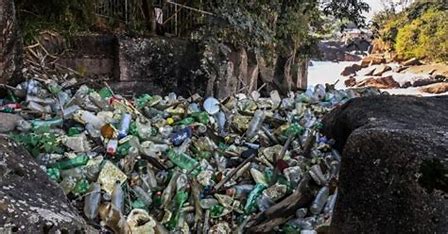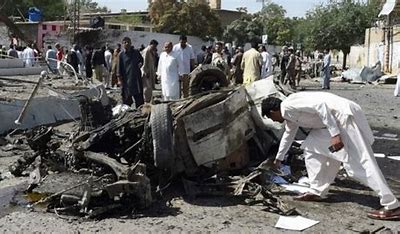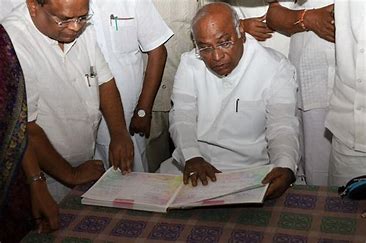
Negotiations Fail To Reach Consensus On Plastic Pollution Treaty
The 5th Session of the Intergovernmental Negotiating Committee (INC) on plastic pollution, held in Busan, has failed to reach a consensus, pushing discussions on the proposed international legally binding treaty to 2025. The current draft treaty, still in early stages with several unresolved issues, leaves major articles in brackets, highlighting the divisions between participating countries.
Key Points of Disagreement
- Production Curbs Controversy:
Developing nations, including India and China, opposed curbing the production of primary plastic polymers, preferring a focus on waste management instead. India’s negotiator, Naresh Pal Gangwar, stressed that such measures could hinder the nation’s right to development.
- Concerns of Developing Nations:
Countries like Iran and China echoed these concerns, calling for a more balanced approach that does not impose punitive measures on developing nations under the guise of financing or pollution control.
- Opposition from Petro States:
Petro states like Saudi Arabia and Russia aligned with India, pushing back against production restrictions, while high-ambition nations like Rwanda, Panama, and Norway advocated for stronger action to address plastic pollution.
What’s Next?
- The Path Forward:
The treaty text, which remains incomplete, will serve as the basis for further negotiations at the next INC meeting in 2025. Despite the setbacks, experts urge that momentum must be maintained to avoid further delays.
- Implementation and Finance:
Observers pointed out that technology and financial support from developed nations would be crucial for implementing the treaty, with national circumstances being a key consideration for its success.
A Long Road Ahead
With the crucial issues unresolved, including the scope of the treaty covering the entire plastic lifecycle, and a lack of consensus on financing, it’s clear that significant work lies ahead. The next round of talks in 2025 will be pivotal in determining the final treaty’s effectiveness and global impact.
















